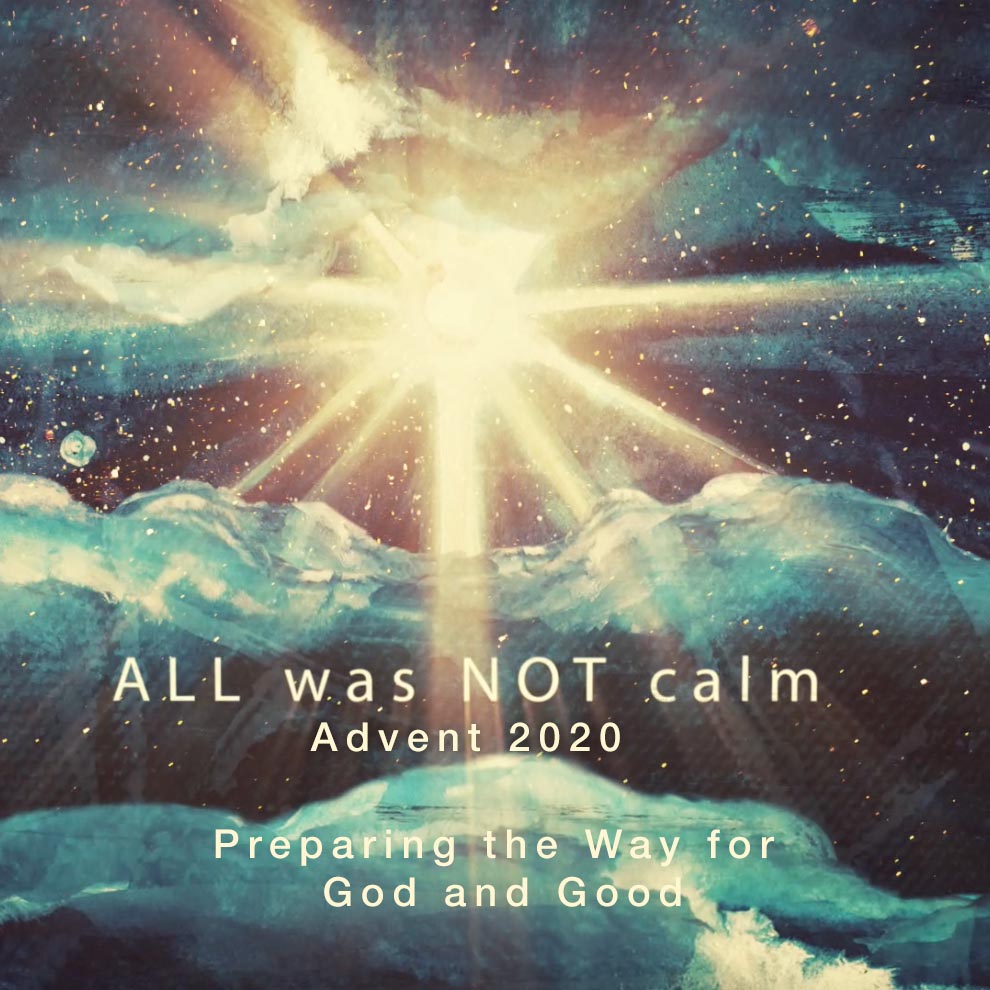The Ten Commandments: You Shall Not Steal
You may think you know what the Ten Commandments mean, and you certainly know how they are often used in American society as a political football. For example, certain politicians or groups will lobby to display the Ten Commandments on public property in an attempt to gain religious voters. If we’re honest, we may view them as trite or archaic.
The truth is that the Ten Commandments were a leap forward when they were first introduced perhaps 3,000 years ago, and they are still a leap forward for us now.
While we think ourselves as advanced beyond the ancient sheepherding people groups in the Middle East who first encountered the Ten Commandments, consider how we as a people are currently struggling with idolatry, telling the truth vs. lies, coveting, etc.
The Ten Commandments are about how we order society for the benefit of everyone, and they are an inspiring challenge to us just like they were to the first people who heard them.
Join us beginning May 23 for a new series The Ten Commandments.
Sermon Schedule
May 23- No Other Gods Before Me
May 30- You Shall Not Make for Yourself An Idol
June 6- You Shall Not Misuse the Name of the Lord Your God
June 13- Remember the Sabbath to Keep It Holy
June 20- Honor Your Parents
June 27- You Shall Not Murder
July 4- You Shall Not Commit Adultery
July 11- You Shall Not Steal
July 18- You Shall Not Give False Testimony
July 25- You Shall Not Covet (w/ Special Guest Amy Price)
Join us beginning May 23 for a new series The Ten Commandments.




